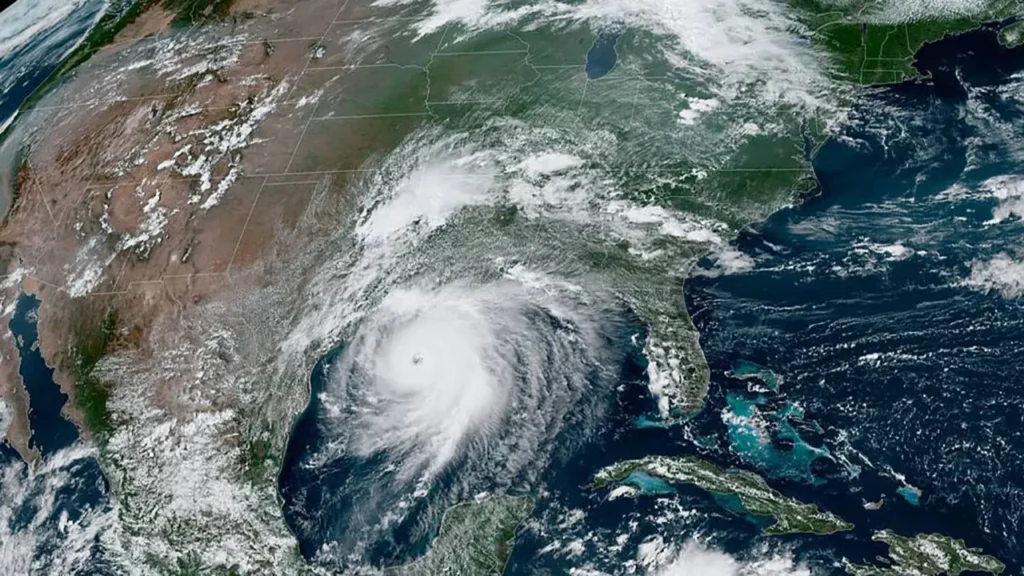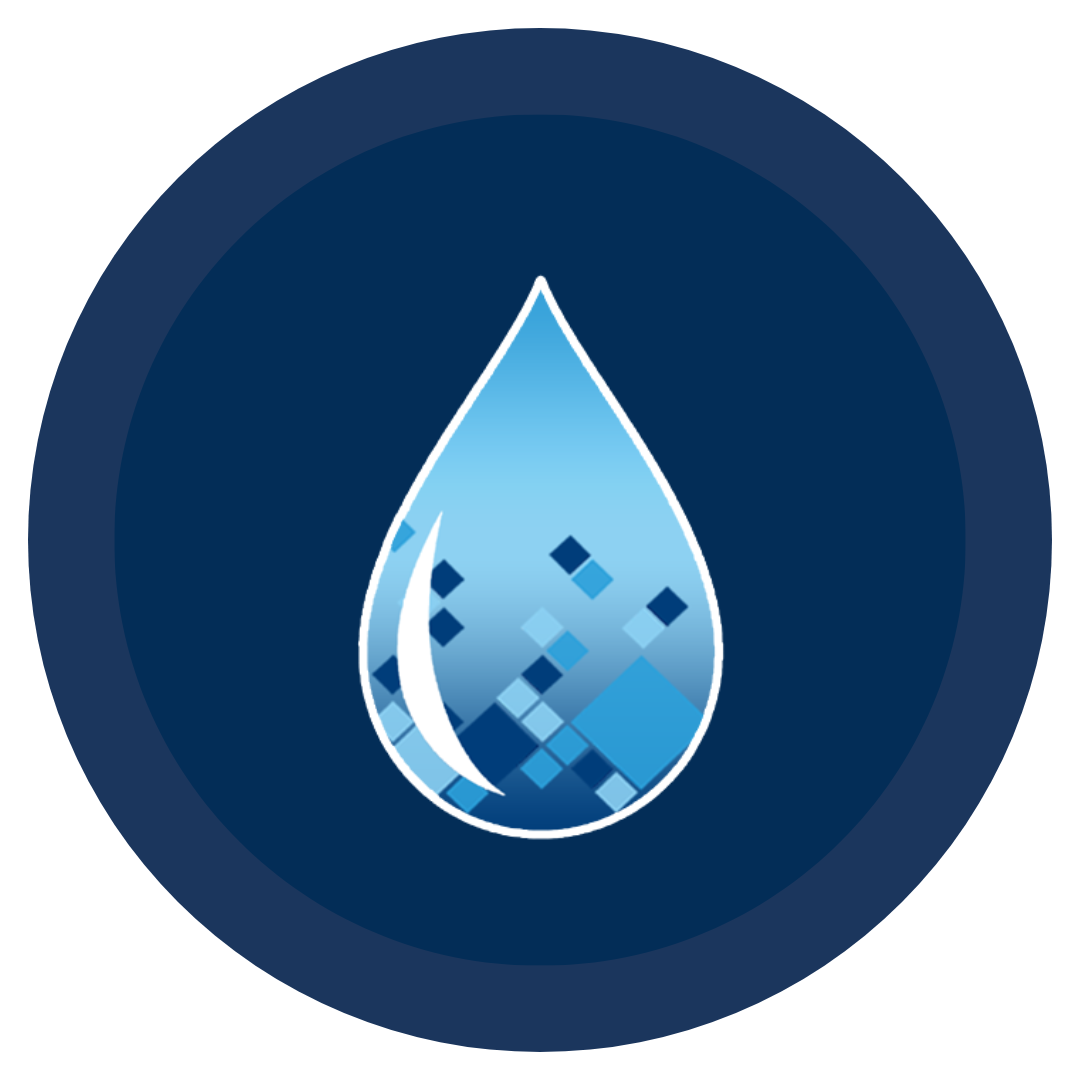As hurricane season approaches, the focus is primarily on the potential destruction caused by catastrophic winds, heavy rains, and flooding. However, amidst the chaos and aftermath of a hurricane, there is another concern that often goes unnoticed: the increased risk of Legionnaires’ disease. In this blog post, we will explore the connection between hurricane season and Legionnaires’ disease, understand the risks involved, and discuss preventive measures to stay safe during this challenging time.
Understanding Legionnaires’ Disease: Legionnaires’ disease is a severe form of pneumonia caused by the Legionella bacteria. This bacteria is commonly found in natural water sources, such as rivers and lakes, but can also thrive in man-made environments like cooling towers, hot water tanks, and plumbing systems. Legionella bacteria can multiply rapidly under specific conditions, leading to the potential for infection when people inhale contaminated water droplets or vapor.
Hurricane Season and Legionnaires’ Disease: During hurricane season, the risk of Legionnaires’ disease can increase due to several factors:
-
Disrupted Water Systems: Hurricanes often cause extensive damage to infrastructure, including water supply systems. Flooding and power outages can disrupt the normal functioning of water treatment plants, leading to contaminated water supplies.
-
Stagnant Water: After a hurricane, there may be stagnant water left behind in various locations, such as puddles, flooded buildings, or plumbing. Stagnant water provides an ideal breeding ground for Legionella bacteria, allowing them to multiply and possibly cause infection by contaminated aerosolized droplets.
-
Damaged Cooling Towers: Cooling towers, commonly found in large buildings or industrial facilities, are essential for temperature regulation. However, hurricanes can damage these towers, creating opportunities for Legionella bacteria to colonize. If not properly maintained or treated, these contaminated cooling towers can release infected aerosols into the surrounding area, posing a risk to nearby individuals.
Preventative Measures:
To minimize the risk of Legionnaires’ disease during hurricane season, it is crucial to take the following preventive measures:
-
Regular Maintenance: Ensure that cooling towers, hot water tanks, and other water systems are properly maintained, cleaned, and disinfected. Implement regular inspections and cleaning routines to prevent the growth of Legionella bacteria.
-
Water Testing: Regularly test water supply for the presence of Legionella bacteria and other waterborne pathogens. This is especially important after a hurricane to identify any potential contamination.
-
Proper Water Management: In buildings that have been evacuated or unused for an extended period, flush the water systems thoroughly before use to remove any stagnant water that may contain Legionella or other waterborne pathogens.
-
Educate and Raise Awareness: Inform individuals, especially those residing or working in hurricane-prone areas, about the risks of Legionnaires’ disease and the preventive measures they can take. Encourage them to seek medical attention if they experience symptoms such as high fever, cough, shortness of breath, muscle aches, or headaches.
While hurricanes bring immediate dangers in the form of strong winds and flooding, it is essential not to overlook the potential risk of Legionnaires’ disease during these times. By understanding the connection between hurricane season and Legionnaires’ disease and implementing preventive measures, we can work towards minimizing the risks and ensuring the well-being of individuals in affected areas. Stay informed, take necessary precautions, and prioritize safety during hurricane season.






